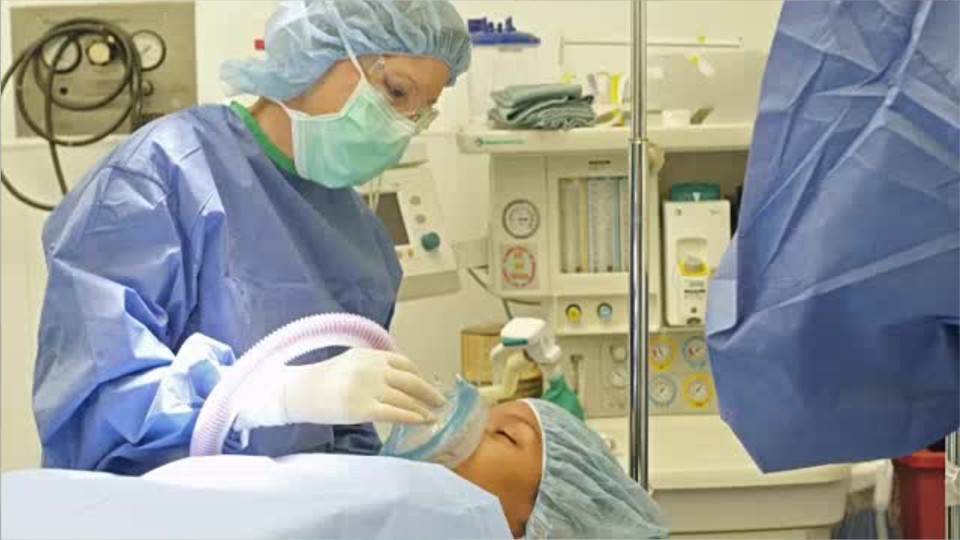Anesthesiologists
Medical Doctor (MD), Obstetrical Anesthesiologist, Staff Anesthesiologist, Staff Anesthetist
 Select a military branch to see samples.
Select a military branch to see samples.
Advanced Practice Registered Nurse (APRN); Advanced Practice Registered Nurse (APRN), Acute Care Nurse Practitioner; Advanced Practice Registered Nurse (APRN), Adult Psychiatric and Mental Health Nurse Practitioner; Advanced Practice Registered Nurse (APRN), Aeromedical Nurse Practitioner; Advanced Practice Registered Nurse (APRN), Certified Nurse Midwife; Advanced Practice Registered Nurse (APRN), Family Nurse Practitioner; Advanced Practice Registered Nurse (APRN), Pediatric Nurse Practitioner; Advanced Practice Registered Nurse (APRN), Women's Health Care Nurse Practitioner; Anesthesiologist; Anesthesiologist, Cardiothoracic
Critical Care Medicine (CCM) Anesthesiologist; Nurse Anesthetist; Nurse Corps Officer
No similar titles were found.
No similar titles were found.
Anesthesiologist; Nurse Anesthetist; Sugical Technologist; Surgical Technologist
Anesthesiologist; Anesthesiologist, Cardiothoracic; Anesthesiologist, Pain Management
What they do:
Administer anesthetics and analgesics for pain management prior to, during, or after surgery.
On the job, you would:
- Monitor patient before, during, and after anesthesia and counteract adverse reactions or complications.
- Record type and amount of anesthesia and patient condition throughout procedure.
- Provide and maintain life support and airway management and help prepare patients for emergency surgery.
Knowledge
Health
- medicine and dentistry
Math and Science
- biology
- chemistry
Arts and Humanities
- English language
Business
- customer service
Skills
Basic Skills
- thinking about the pros and cons of different ways to solve a problem
- keeping track of how well people and/or groups are doing in order to make improvements
Problem Solving
- noticing a problem and figuring out the best way to solve it
People and Technology Systems
- thinking about the pros and cons of different options and picking the best one
- measuring how well a system is working and how to improve it
Abilities
Verbal
- listen and understand what people say
- read and understand what is written
Ideas and Logic
- notice when problems happen
- use rules to solve problems
Visual Understanding
- quickly compare groups of letters, numbers, pictures, or other things
- see hidden patterns
Attention
- pay attention to something without being distracted
Personality
People interested in this work like activities that include ideas, thinking, and figuring things out.
They do well at jobs that need:
- Self-Confidence
- Perseverance
- Adaptability
- Stress Tolerance
- Self-Control
- Achievement Orientation
Technology
You might use software like this on the job:
Medical software
- Epic Systems
- MEDITECH software
Presentation software
- Microsoft PowerPoint
Spreadsheet software
- Microsoft Excel
Education
Education: (rated 5 of 5)
post-doctoral training or
doctoral degree
usually needed
doctoral degree
usually needed
Job Outlook
Average
New job opportunities are likely in the future.
Explore More
You might like a career in one of these industries:
See more details at O*NET OnLine about Anesthesiologists.






